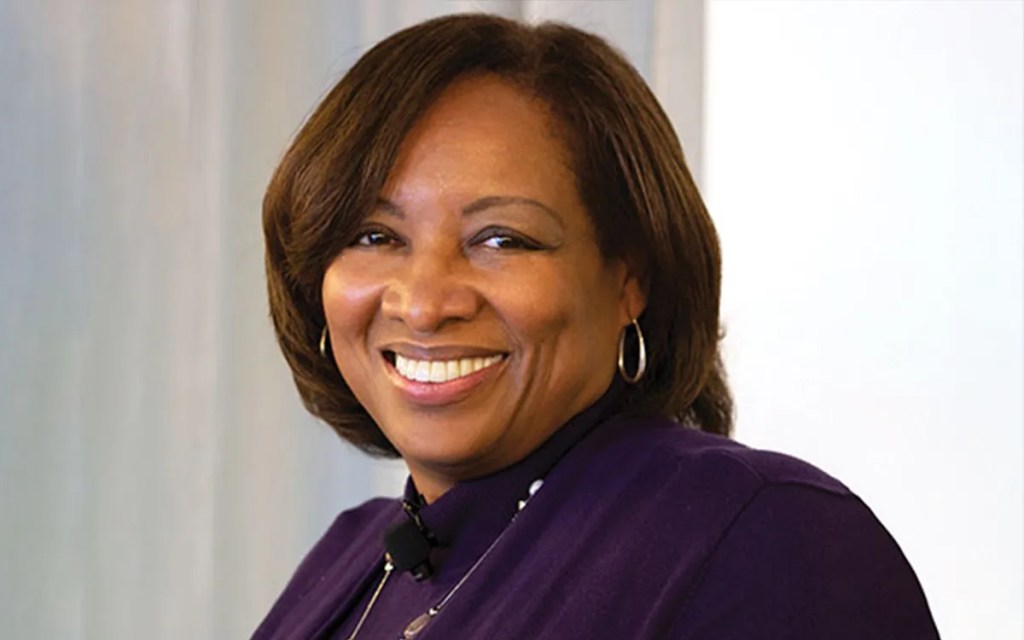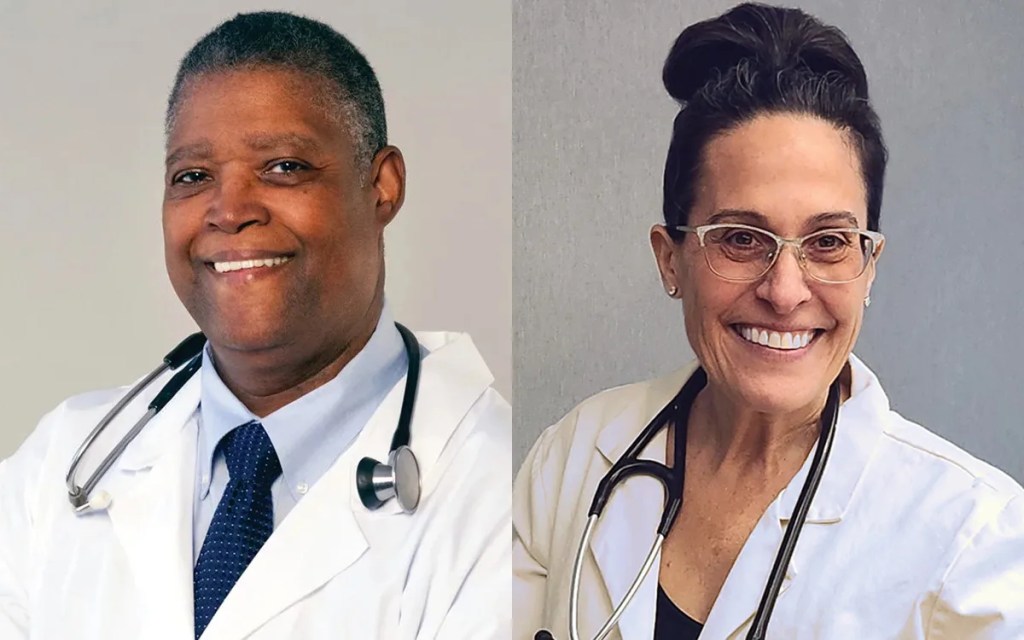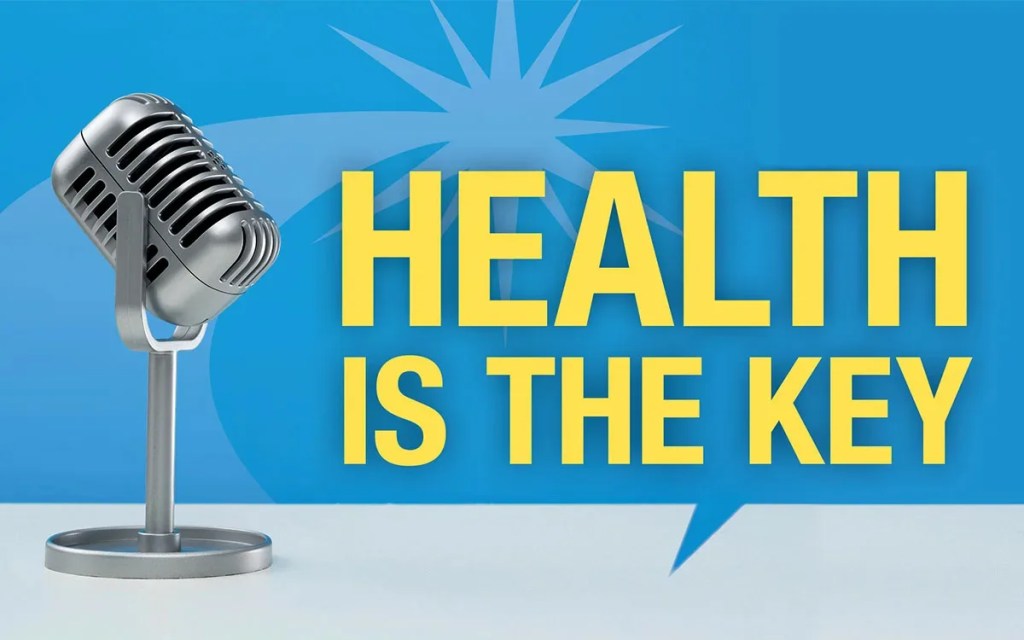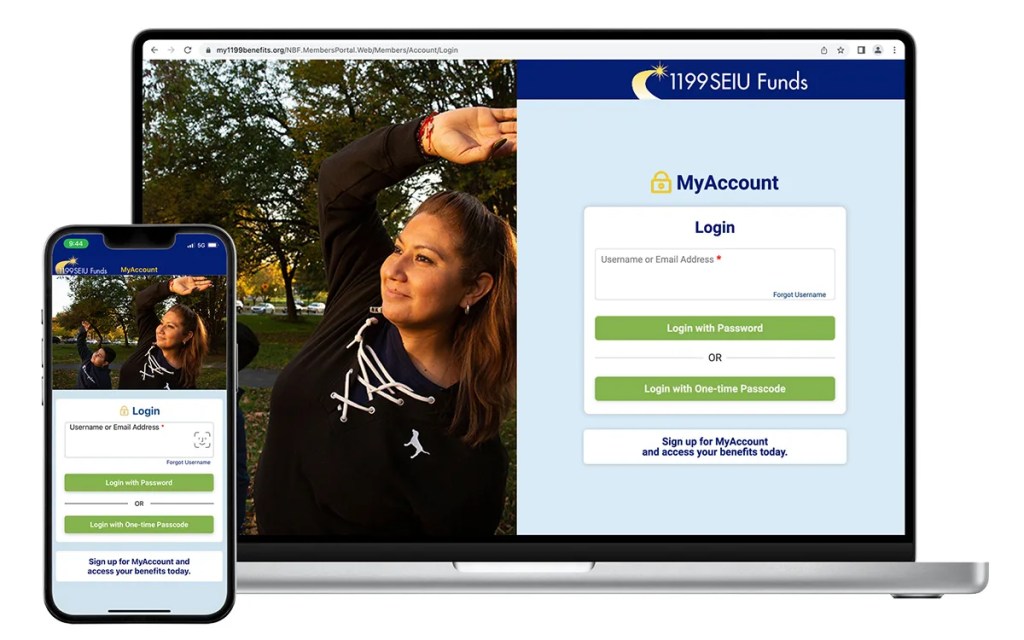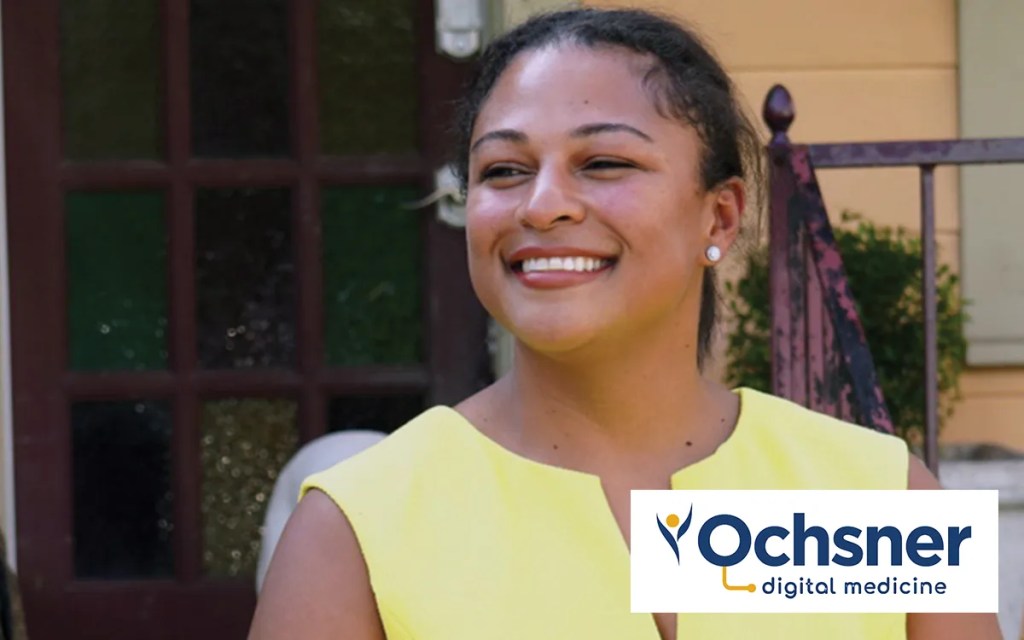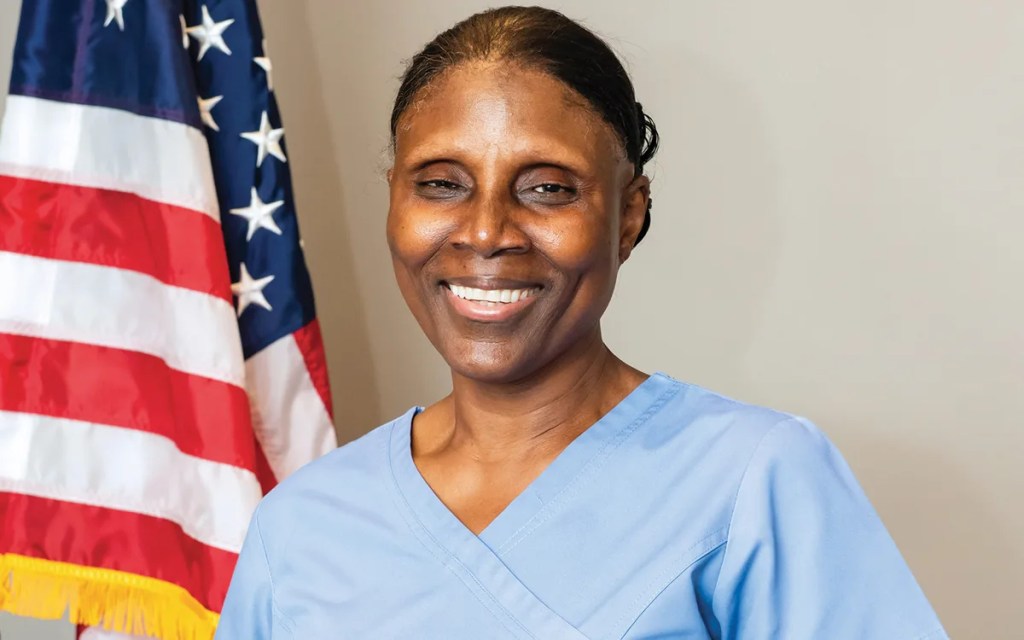A conversation with our doctors

Dr. Van H. Dunn, Chief Medical Officer

Dr. Lela Mayers, Deputy Chief Medical Officer
Dr. Dunn: I’d like to start by offering a warm welcome to our new Deputy Chief Medical Officer, Dr. Lela Mayers. Dr. Mayers has a wealth of experience, and we both attended Cornell University Medical College (now Weill Cornell Medical College)—it’s no wonder I liked her right from the start! With her background, she is the perfect person to join me in ensuring our members get the care they need.
Dr. Mayers: Thank you, Dr. Dunn. I am enjoying being a member of your team and getting to know our members.
Dr. Dunn: As physicians, Dr. Mayers and I talk often about how much we enjoyed getting to know our patients on a personal level. But we also made sure to “know their numbers.” What does that mean? There are many screenings that doctors order for their patients at various times, but certain numbers are tested regularly. These include tests for your blood pressure, cholesterol, blood sugar and Body Mass Index (BMI). The results of these tests can determine what comes next in your health journey.
That’s why building a relationship with a doctor you trust is so important. Whether it’s a primary care physician (PCP) or a nurse practitioner (NP), your doctor will want to know your numbers. Here at the Benefit Funds, we take knowing your numbers so seriously that our Wellness Department holds health fairs at worksites throughout the year. We bring the tests to you, along with medical professionals, and make sure you have or find a doctor you feel comfortable with going forward.
Dr. Mayers: As a family practitioner, screening my patients and getting to know their numbers was one of the most important things I could do to get an accurate picture of their overall health. And that really never changes, especially for a PCP.
Dr. Dunn: I couldn’t agree more, Dr. Mayers. Members ask me why it’s so important, and I always tell them that if you don’t know your numbers, you could have a condition that’s treatable or reversible but not know it. You may not show any symptoms, and that can be really dangerous. The longer you walk around with, say, high blood sugar levels or blood pressure, the more damage you can do to your body that may become harder to treat.
But when you see a doctor who knows your numbers, they can diagnose a condition and create a plan with you to treat it. That can play a role in ensuring you avoid a stroke, heart attack or diabetes, and it also increases your odds of having a better health outcome.
Dr. Mayers: My goal as a PCP was to “close the gap” between patients who have health conditions but don’t know about it and those who receive a diagnosis to get the right treatment. The first step is to know your numbers. As a family practitioner, I cared for patients of all ages, often treating whole families. Over time, I noticed that the patients who regularly had their health screenings became role models for the rest of the family. Children who grow up in families like that tend to continue to have regular checkups and screenings as they get older.
Dr. Dunn: So, you’d say that having good screening habits and knowing your numbers has a profound effect on whole families?
Dr. Mayers: I would definitely say that.
Dr. Dunn: I always tell our members that as healthcare workers, we care for others, which is a wonderful thing. But you can’t forget to care for yourself, too. When you have your health, it opens the door for you to be there for others and live life to the fullest—I want that for all of our members!
Learn more about Dr. Mayers’ background and philosophy by listening to her Health Is the Key podcast episode, “Meet the Benefit Funds’ Newest Family Doctor, with Dr. Lela Mayers,” at Health Is the Key page.






